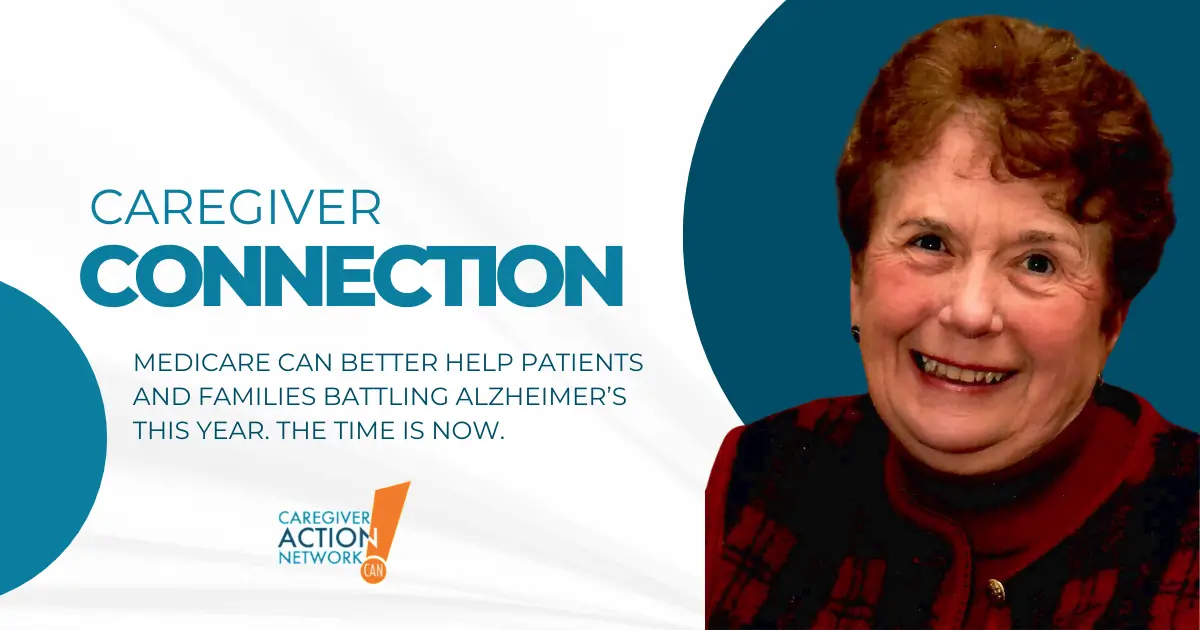Medicare Alzheimer’s Support: Breaking Barriers to Treatment Access
Medicare Alzheimer’s Support: Breaking Barriers to Treatment Access

The Unexpected Journey of Alzheimer’s
No matter how much research you conduct about Alzheimer’s disease, understanding its true impact remains impossible until it directly affects your family. My personal journey began in early 2017 when I first noticed unusual changes in my husband’s behavior. By 2018, we received a diagnosis of mild cognitive impairment (MCI) caused by Alzheimer’s disease—a moment that fundamentally transformed our lives.
Watching an intelligent, capable man gradually lose his short-term memory has been heart-wrenching. Simple tasks that were once second nature—managing finances, conducting household repairs, making decisions—have become increasingly challenging. Even choosing dinner, once a straightforward decision, now fluctuates unpredictably.
The uncertainty is terrifying: Will he remember my name in six months? How long will this mild cognitive impairment stage last?
Empowering MCI Patients Through Community Support
In response to our diagnosis, I channeled my grief into action. In 2020, I initiated a support program designed to assist MCI patients in maximizing their cognitive abilities despite limited treatment options. Our weekly ninety-minute sessions have become a beacon of hope for those navigating this challenging diagnosis.
Our program focuses on holistic cognitive health, incorporating:
- Memory-enhancing games
- Puzzle-solving activities
- Physical exercise
- Nutritional education
What started with just six participants has now grown to fill two church rooms, with over 20 attendees joining weekly—a testament to the critical need for community support in Alzheimer’s care.
The Critical Challenge: Medicare and Alzheimer’s Treatment Access
The landscape of Alzheimer’s treatment is rapidly evolving. By 2050, an estimated 13 million people will be affected by this devastating disease. Approximately 3,000 patients transition from MCI to more advanced stages daily. While an innovative early-stage Alzheimer’s drug recently received FDA approval, access remains a significant barrier.
The Centers for Medicare and Medicaid Services (CMS) must address these access challenges. Current policies create unnecessary hurdles for patients seeking treatment:
- Requiring physicians to participate in CMS-approved registries
- Implementing additional data collection steps
- Creating uncertain review processes
- Potentially discouraging patient participation through complex requirements
These barriers translate into real-world delays that can dramatically impact patient outcomes and family experiences.
A Call for Compassionate Policy Change
My plea to CMS is simple yet urgent: treat Alzheimer’s medications with the same accessibility afforded to treatments for heart disease, cancer, and diabetes. Time is not a luxury for Alzheimer’s patients—it is a precious, rapidly diminishing resource.
While my husband’s diagnosis came later in life, allowing us treasured moments like meeting our four grandchildren, many families face earlier, more aggressive progressions. Some patients might have mere months before the disease significantly impacts their quality of life.
We need policy changes that prioritize patient access, reduce bureaucratic barriers, and recognize the critical importance of timely intervention. Although current treatments may not help my husband, they could provide hope and additional time for countless other families fighting this disease.



